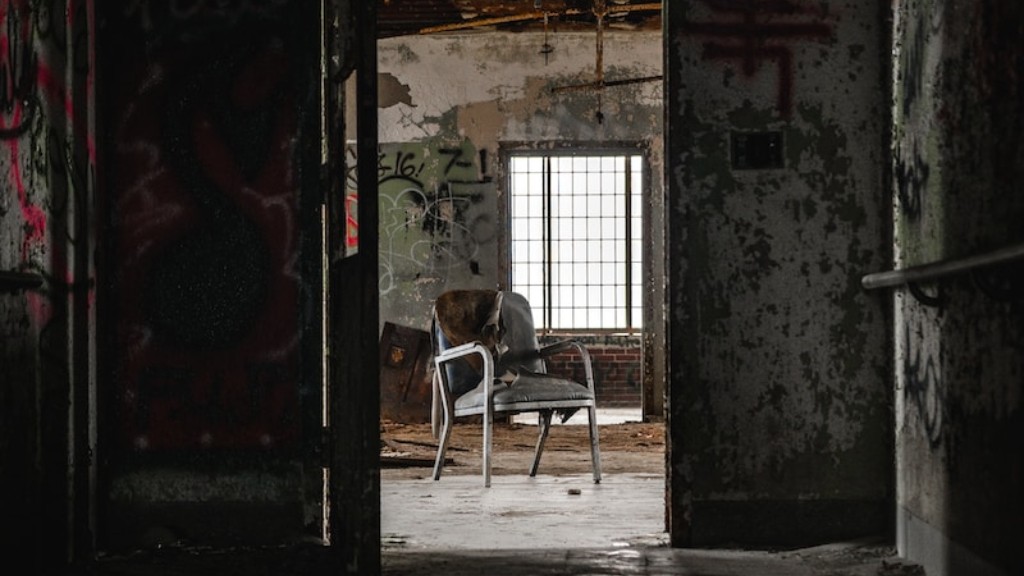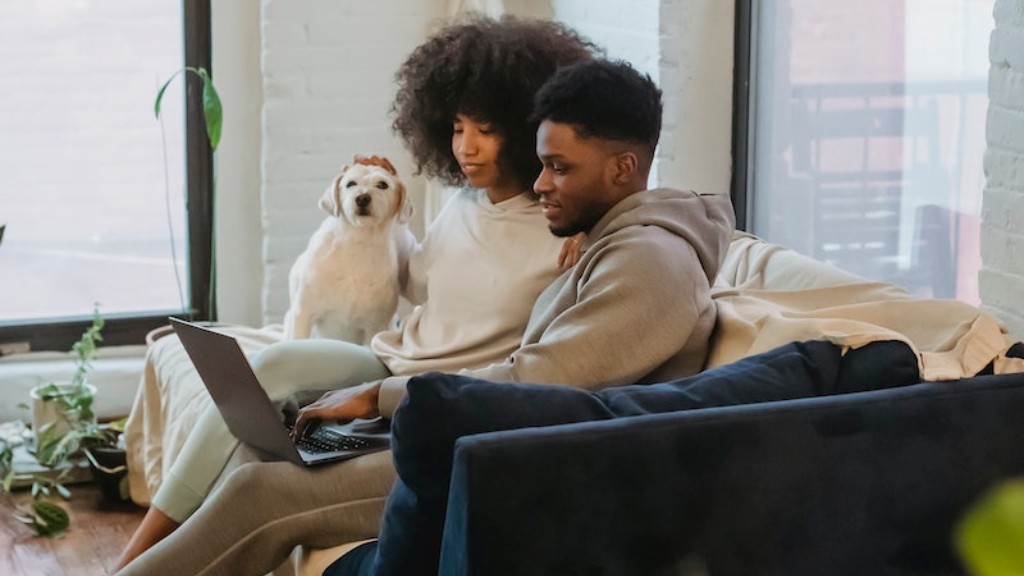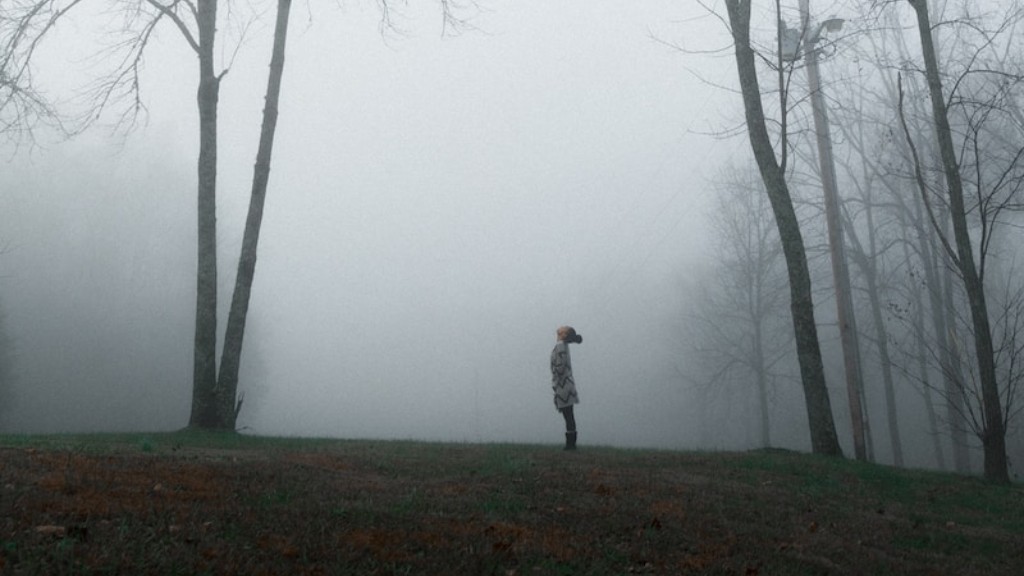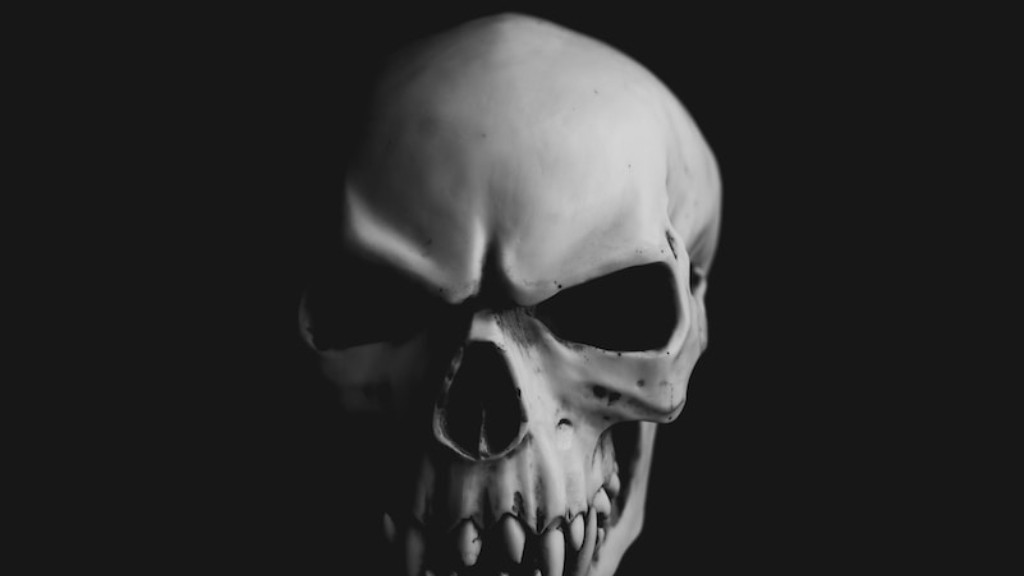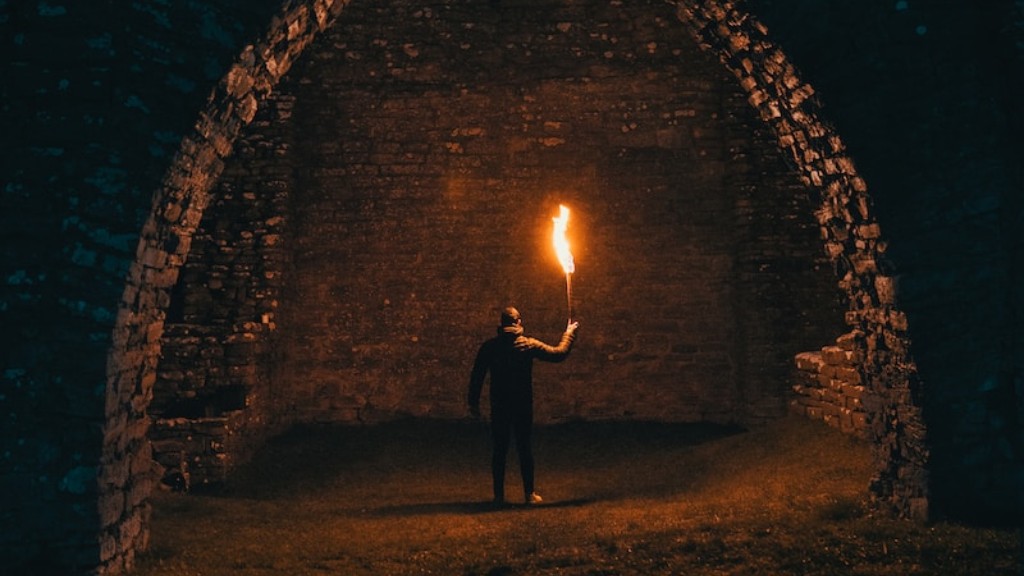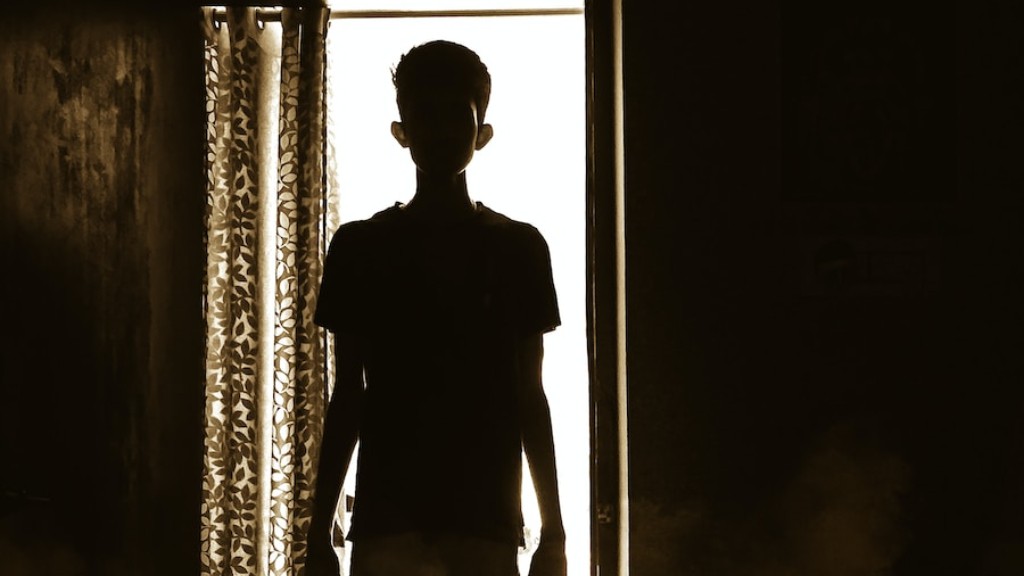For many people, it is perfectly normal to feel a little scared when watching horror movies. After all, these movies are designed to be suspenseful and frightful. However, if you find that you are constantly feeling scared or anxious while watching horror movies, it might be time to explore why this is. It is possible that you have a mild form of anxiety that is triggered by the suspenseful scenes in horror movies. If this is the case, you might want to consider seeking professional help to deal with your anxiety.
It is normal to be scared of horror movies. Many people are afraid of horror movies because they are afraid of the dark, of being scared, or of being hurt.
Why do I get scared from horror movies?
When we watch scary movies, our brains release adrenaline, which prepares our bodies for stressful situations. Our sympathetic nervous system responds to the threat and throws us into the “fight or flight” response. This response increases our heart rate and blood pressure, and gives us a burst of energy so that we can either fight the threat or run away from it. This response is helpful in dangerous situations, but it can also be triggered by less dangerous things like horror movies. Over time, this response can lead to anxiety and other health problems.
One of the best ways to stop being scared by horror movies is to watch a lot of them. After a while, your brain will start to subconsciously realize that the scary things you’re seeing on the screen never cause any real harm to you. You’ll then start to become desensitized to these movies and feeling less scared.
Is it normal to be scared after watching a scary movie
Cinematic neurosis is a rare phenomenon in which distress from watching horror films results in a need for psychological intervention. This can happen to anyone, but it is more likely to happen to someone who is already struggling with anxiety or another mental health issue. If you find yourself feeling extremely distressed after watching a horror movie, it is important to reach out to a mental health professional for help.
It’s important to remember that horror is a very broad genre, and that there are many different subgenres within it. Some of these subgenres, like slasher films or gore films, are designed to be shocking and disturbing, but not necessarily scary. Others, like ghost stories or psychological thrillers, may be more interested in creating a feeling of unease or suspense than in outright scares. And then there are films that fall somewhere in between, like many of the classic Universal monster movies, which are more interested in creating a sense of atmosphere and dread than in jump scares or gore.
So, when you’re watching a horror movie, it’s important to keep in mind what kind of movie it is. If it’s a slasher film, then you should expect to see some gruesome kills; if it’s a ghost story, then you should expect to be creeped out by some eerie apparitions; if it’s a psychological thriller, then you should expect to be kept guessing about what’s real and what’s not. But don’t expect every horror movie to be a non-stop scare-fest. Some of them are meant to be more thought-provoking than scary, and that’s perfectly okay.
Why do horror movies traumatize me?
It’s important to be aware that watching horrific images can have a negative impact on our mental health. If we’re feeling anxious or panicked, watching these images can make our symptoms worse and make us more sensitive to startle-eliciting stimuli. It’s important to take care of ourselves and limit our exposure to these images if possible.
Phasmophobia, or the fear of ghosts, can be complicated to diagnose. Many people experience a certain thrill of anxiety when telling ghost stories or watching movies that feature ghosts and other supernatural entities. This may be due to the fact that ghosts are often associated with death, which is something that most people are naturally fearful of. For some people, however, the fear of ghosts is much more than just a passing feeling of anxiety. These individuals may have a phobia, which is a type of anxiety disorder that is characterized by a persistent and irrational fear of a specific object, situation, or activity.
Do scary movies affect your brain?
The results of multiple studies have shown that watching scary scenes can raise the level of adrenaline in the body, resulting in faster reaction time, better alertness, improved concentration, and a host of other benefits. So if you’re looking for a way to boost your brainpower, consider renting a horror movie!
Haunted houses and scary movies can actually help reduce stress, lower anxiety. Here’s how to have the best experience this Halloween:
1. Don’t be afraid to face your fears. The fear you feel from walking through haunted houses and watching classic Michael Myers movies can actually help to lower your stress levels overall.
2. Use the experience as an opportunity to bond with friends or family. Spending time with loved ones while enjoying a scare or two can create lasting memories.
3. Use it as an opportunity to get active. Haunted houses and movies tend to get our heart rates up, which can in turn lead to a boost in energy and endorphins.
4. Don’t take it too seriously. Remember that it’s all just for fun and don’t put too much pressure on yourself to be scared. Laugh it off if you need to!
Can horror movies trigger PTSD
I agree with the Anxiety and Depression Association of America that exposure to media, television, movies, or pictures cannot cause PTSD. I think that the symptoms of PTSD are more likely to be caused by a real life event that was traumatizing.
Horror can be a helpful tool for people who are feeling anxious. It can help to focus their attention and stop them from ruminating on other things in their life.
Should people with anxiety watch horror?
This is an interesting finding, and it may be worth exploring further to see if it can help people with anxiety. However, it is important to remember that everyone is different and what works for one person may not work for another. If you are struggling with anxiety, it is always best to speak to a professional to get help and advice that is tailored to your individual needs.
Horror movies are the perfect outlet for people with an intuitive personality type. They tend to look for hidden meaning and let their imagination run wild, and horror films stimulate those impulses in a way no other genre can.
Why do people dislike horror movies
People with a higher sensation-seeking trait may be more likely to enjoy horror-related experiences, while those with a lower sensation-seeking trait may find those experiences unpleasant and avoid them. This research indicates that people’s individual preferences for horror experiences may be partially determined by their inherent personality traits. Therefore, if you are somebody who generally enjoys feeling thrill and excitement, you may be more likely to enjoy a horror movie or book than somebody who does not typically seek out those sensations. However, ultimately, it is up to the individual to decide whether or not they enjoy horror-related content.
Some of the personality traits that have been implicated in horror preference and/or enjoyment of horror include sensation seeking, empathy, theory of mind, need for affect, and the dark tetrad. Age and sex are also considered to be individual differences that can affect one’s enjoyment of horror.
Sensation seeking has been found to be positively correlated with horror enjoyment. This means that people who seek out new and exciting experiences are more likely to enjoy horror films than those who do not. Empathy has also been found to be a factor in horror enjoyment. Some research suggests that people who are more adept at putting themselves in another person’s shoes are more likely to enjoy horror films, as they can better understand and empathize with the characters’ fear and suspense.
Theory of mind, or the ability to understand another person’s thoughts and feelings, has also been found to be related to horror enjoyment. This ability allows people to better follow the plot of a horror film and understand the characters’ motivations. The need for affect has also been found to be a factor in horror enjoyment. This refers to a need for emotion and stimulation, which can be satisfied by the fear and suspense experienced in horror films.
The dark tetrad, which includes the personality traits
What is the most traumatizing horror movie?
Horror movies are designed to be disturbing and disgusting in order to create a feeling of fear in the viewer. However, some movies take this too far and end up being more graphic and disturbing than necessary. These 32 movies are some of the most disturbing and disgusting horror movies out there, and you’ll never be able to unsee them once you’ve seen them. From body horror to torture porn, these movies will make you never want to watch a horror movie again.
If you’re feeling anxious or depressed, watching a horror movie may provide some relief. The adrenaline rush from the scares can help to stabilize your mood and provide a distraction from your negative emotions. Just be sure not to watch anything too graphic or disturbing, as that can make your symptoms worse.
Do people with PTSD like horror movies
There is some evidence to suggest that individuals who suffer from post-traumatic stress disorder (PTSD) may become conditioned by the analgesic effect of certain types of movies and seek out stressful films to release more endorphins. While this is still a relatively new area of research, it is an interesting theory that warrants further exploration.
It has long been thought that men and women differ in the way they process and react to fear. Women, it is said, are more prone to anxiety and tend to be more easily terrified by horror movies. Now, researchers have found that these differences are actually due to the way our brains are wired.
According to the study, which was published in the journal Nature Neuroscience, women’s brains are more efficient at processing and remembering negative emotions than men’s brains. This difference is due to the fact that women have more connections between the amygdala (the part of the brain responsible for processing emotions) and the hippocampus (the part of the brain responsible for memory).
This difference in brain structure means that women are more likely to anticipate an unpleasant experience and to remember it more vividly afterwards. So if you’re a woman and you’re looking for a good horror movie to watch, be warned: you may be in for a more terrifying experience than you bargained for!
Warp Up
There is no one answer to this question since people can have different reactions to horror movies. Some people may enjoy watching them and find them exhilarating, while others may be scared and find them unsettling. Ultimately, it is up to the individual to decide what they think is normal for them.
There is no single answer to this question as everyone has different levels of tolerance for suspense and scares. Some people may enjoy the adrenaline rush of being scared by a horror movie, while others may find the experience too intense and upsetting. There is no right or wrong answer, and it is ultimately up to the individual to decide what level of scares they are comfortable with.
